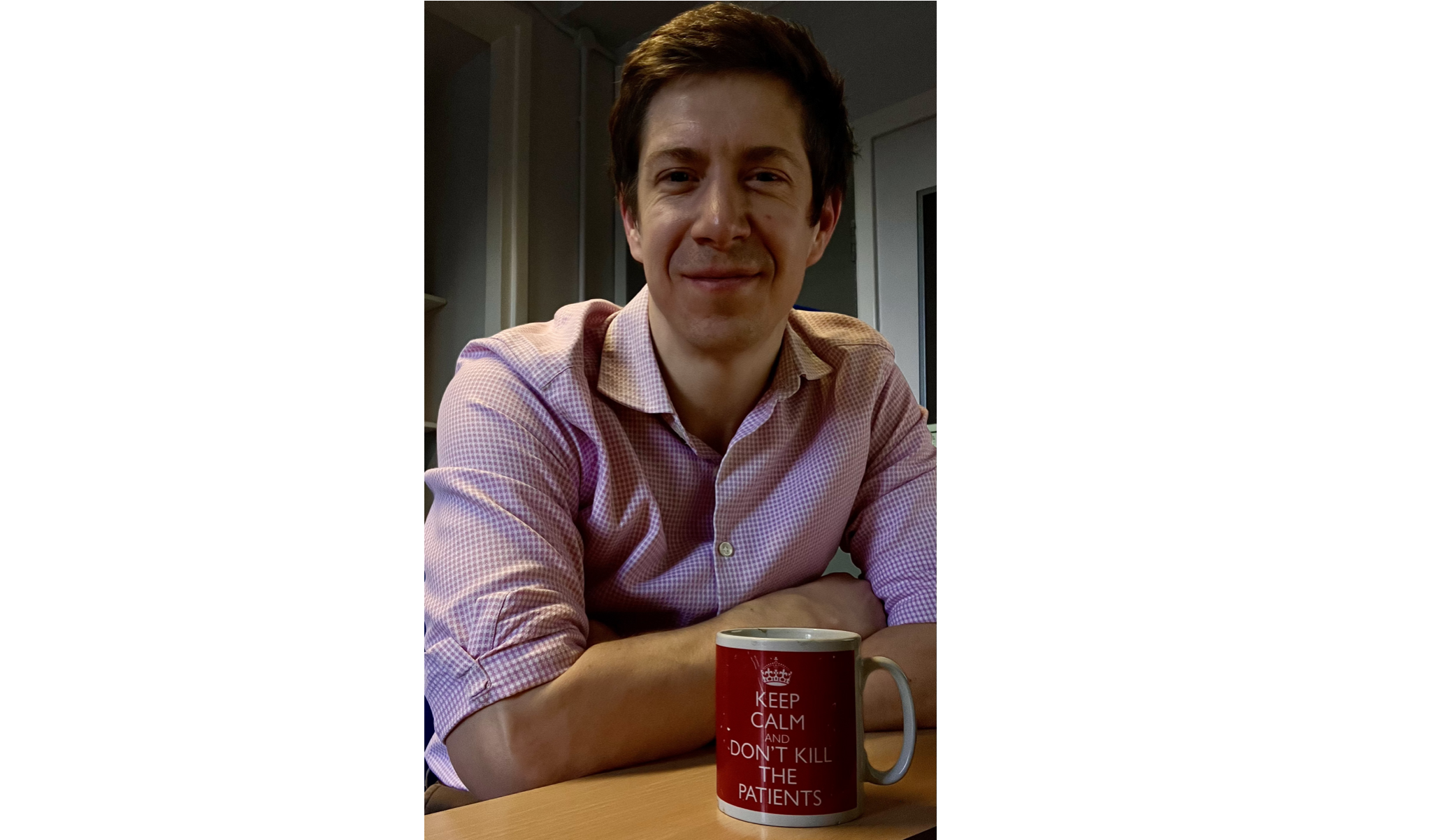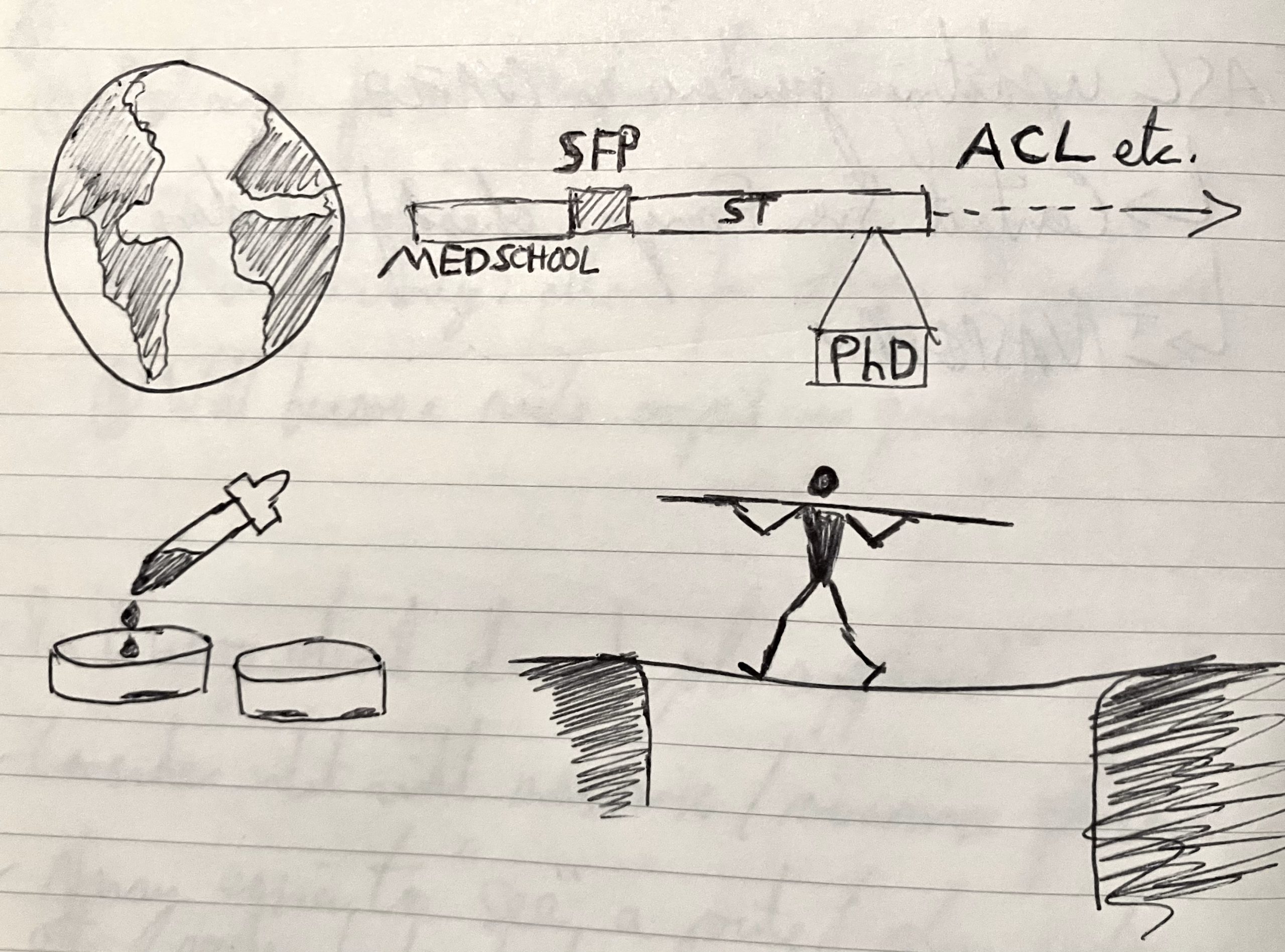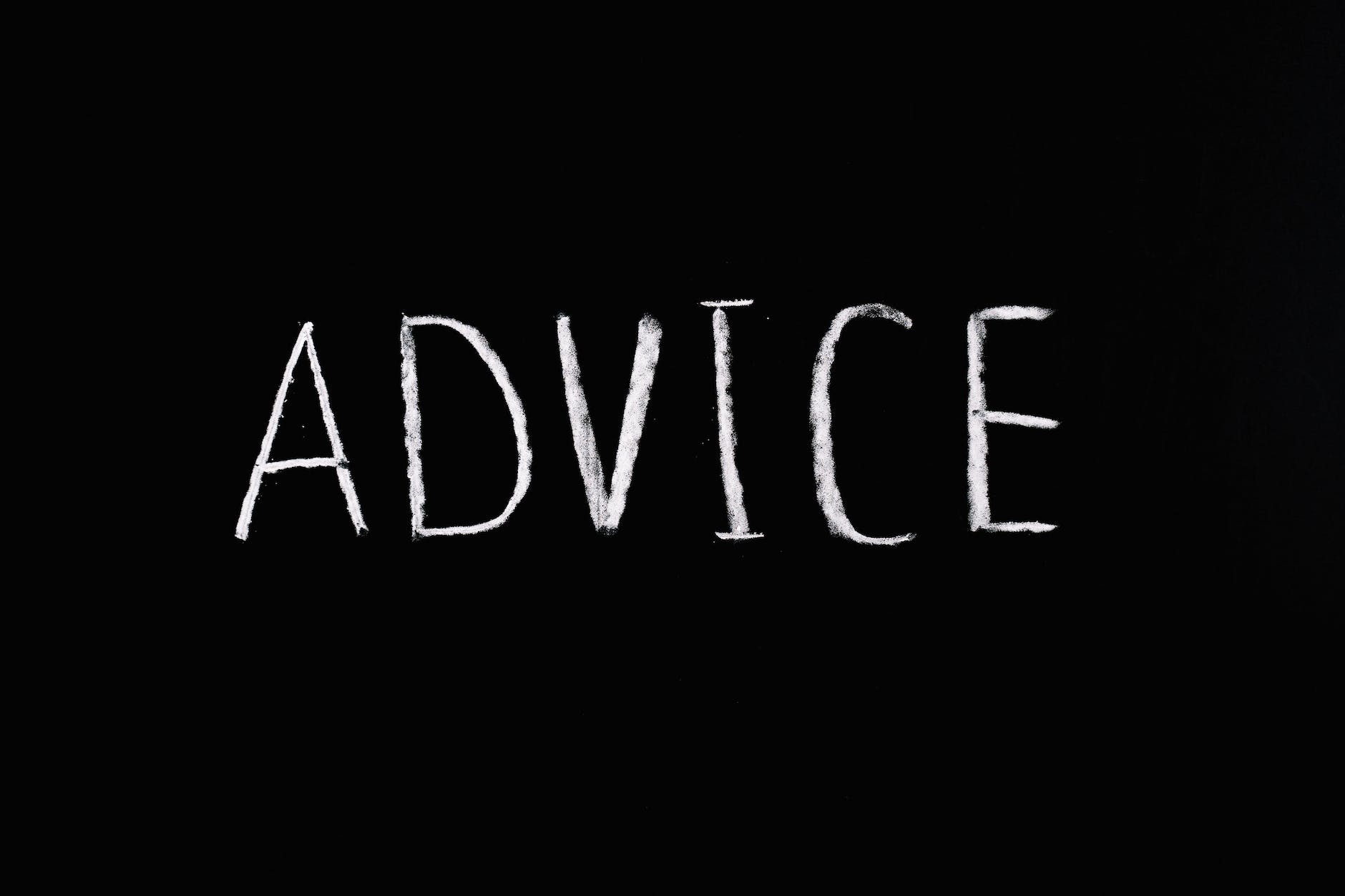It has been some time since I have written publicly about research and clinical work, primarily due to ‘imposter syndrome’. This is not something I have experienced before the last couple of years, but it has been a creeping presence as I move through a series of transitional phases: general paediatrics to hepatology; registrar to consultant; PhD-student to early career researcher; and metabolism to immunology.
Imposter syndrome is a variant of the hedonic treadmill, for me. Rather than “I’ll be happy when”, it’s “I’ll be good enough when…”:
- I’ll be qualified to write about paediatrics training when I’ve CCT’d (which will happen September ’24)
- I’ll be credible to talk about doing research when I have my own fellowship funding.
- I’ll be knowledgeable enough to discuss immunology once I’ve a substantial paper in the field as senior author
- I’ll be capable of talking about hepatology once I’m a consultant
- I can consider myself an ultra-runner when I’ve done a 100mile race
However, for each of those I have observed that: (i) the benchmark I set moves, (ii) it is an unreasonable benchmark in the first place, or (iii) I get there and don’t feel any different. For example:
- I have CCT’d quite quickly (competency-based with some time back for my PhD) so I’m not sure my training is totally representative to others’
- Getting a fellowship is still at least a couple of years away, and that is even if I were successful first time; also, there are many people who do meaningful research without having a Wellcome fellowship
- My first immunology paper still seems a long way off, and what if it turns out to only be a minor finding
- Whilst I may have CCT’d, I still feel like I have only just beginning to learn hepatology, certainly compared to the experienced consultants
- 100miles is quite a long way and anything could happen that might stop me from finishing. And if I do finish but in a ‘slow’ time, would that still count?
A wise consultant told me that there only two major step-ups in clinical work:
Medical student –> FY1, and
Registrar –> Consultant
My experience so far would suggest that is a fair statement. My time ‘acting up’ has been substantially challenging and that is despite having as much support as I could possibly ask for.
This plays into the notion of not waiting for things to be perfect to act. For the this has manifested as not writing, but I think I now understand better how such feelings may prevent people from applying for jobs or taking other opportunities.
In the meantime, I will try to follow Susan Jeffers’ advice: ‘Feel the fear and do it anyway’.
Also see:
How I picked my research field [Blog 016]
Clinical-academic careers: PhD decisions [Blog 011]
Why I am researching bile duct diseases
The ripple effect of early choices: Understanding the long-term impact on your career [Blog 012]




Keep up your amazing work Jake, always the overachiever. Impressed re the running too. My old joints can barely do 10km now!